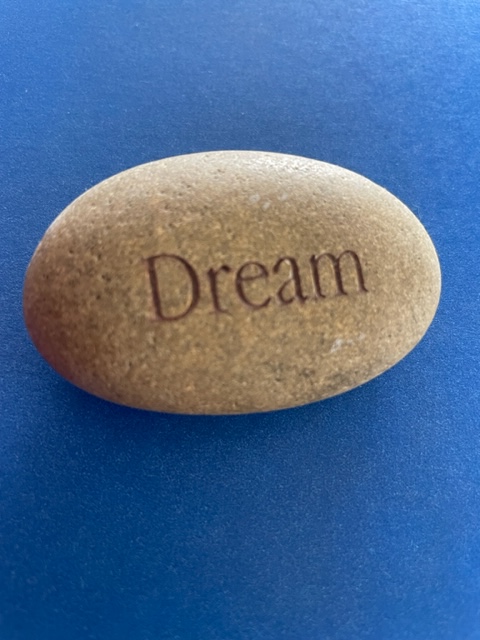
There are also the essential oils that are marketed by individual providers as well as being sold in some drug stores. As in the case of hemp-based products, essential oils come in many forms. Regardless of its form, an essential oil is a concentrated hydrophobic liquid containing easily evaporated chemical compounds derived from plants. An essential oil is essential in that it contains the essence of the plant’s fragrance. “Essential” does not refer to this oil’s indispensability—though it is sometimes marketed as the cure-all for all human ailments. For some people, this oil (often applied to one’s forehead) does help to induce sleep.
It seems that not all sleep-aids “grow on trees [or in fields].” Many sleep-enhancing drugs are produced in the laboratory or extracted from some natural products. These drugs include calcium and magnesium. The most frequently used of these extracted products are Melatonin and Tryptophan. Both of these latter medications are found naturally in the food we eat. Furthermore, melatonin is produced “naturally” every day and is associated with the regulation of our circadian rhythm and sleep cycle. Then there are the drugs such as Lornithine that are derived from more complex processes and relate to other elements in the regular functioning of the human body.
Finally, we are left with the most commonly used sleep-aids that are found on all market and drug store shelves. These are the widely marketed pills and syrups that claim to provide us with a lovely, un-interrupted night of sleep. Some of the syrups have traditionally contain alcohol. However, they are now more likely to contain such nonalcoholic substances as melatonin or valerian. Some of the commonly available drugs are intended to reduce pain as well as promote sleep. These are the pills with acetaminophen (Tylenol PM, Excedrin PM, and related Generics), as well as the pills with ibuprofen (such as Advil PM and related Generics). There are also sleep enhancing and pain-relieving medications containing diphenhydramine (Benadryl, Aleve PM and related Generics). With this abundance of options, the real challenge is to determine which (if any) of these medications to take when trying to get a good night of sleep. Some of these over-the-counter drugs are tough on the stomach, while others increase blood pressure. It might be appropriate to consult with a doctor – or simply read the cautionary notes contained on the drug’s label or the more extensive notes to be found on the Internet.
Our users and experts chime in at this point. They provide us with ratings of each type of over-the-counter medication. As in the case of the prescription drugs, our experts are not very keen about the medications that we can purchase at the supermarket or drug store. Despite all of the hype (found in both the print and visual media), these drugs are found to be ineffective or not consistently effective. Our user ratings differed from the experts. All of the over-the-counter sleep aids were rated at least at the 2.25 level. Apparently, those who actually use these medications find them to be helpful. Is this just a placebo effect? Is the drug mostly helping people to be less afraid of going to bed? Do people relax a bit after taking Tylenol PM or Aleve PM, looking forward to a good night of sleep. This anticipation might, in turn, be self-fulfilling. We relax and fall asleep—perhaps the formula for high quality sleep is as simple as this. . . .







